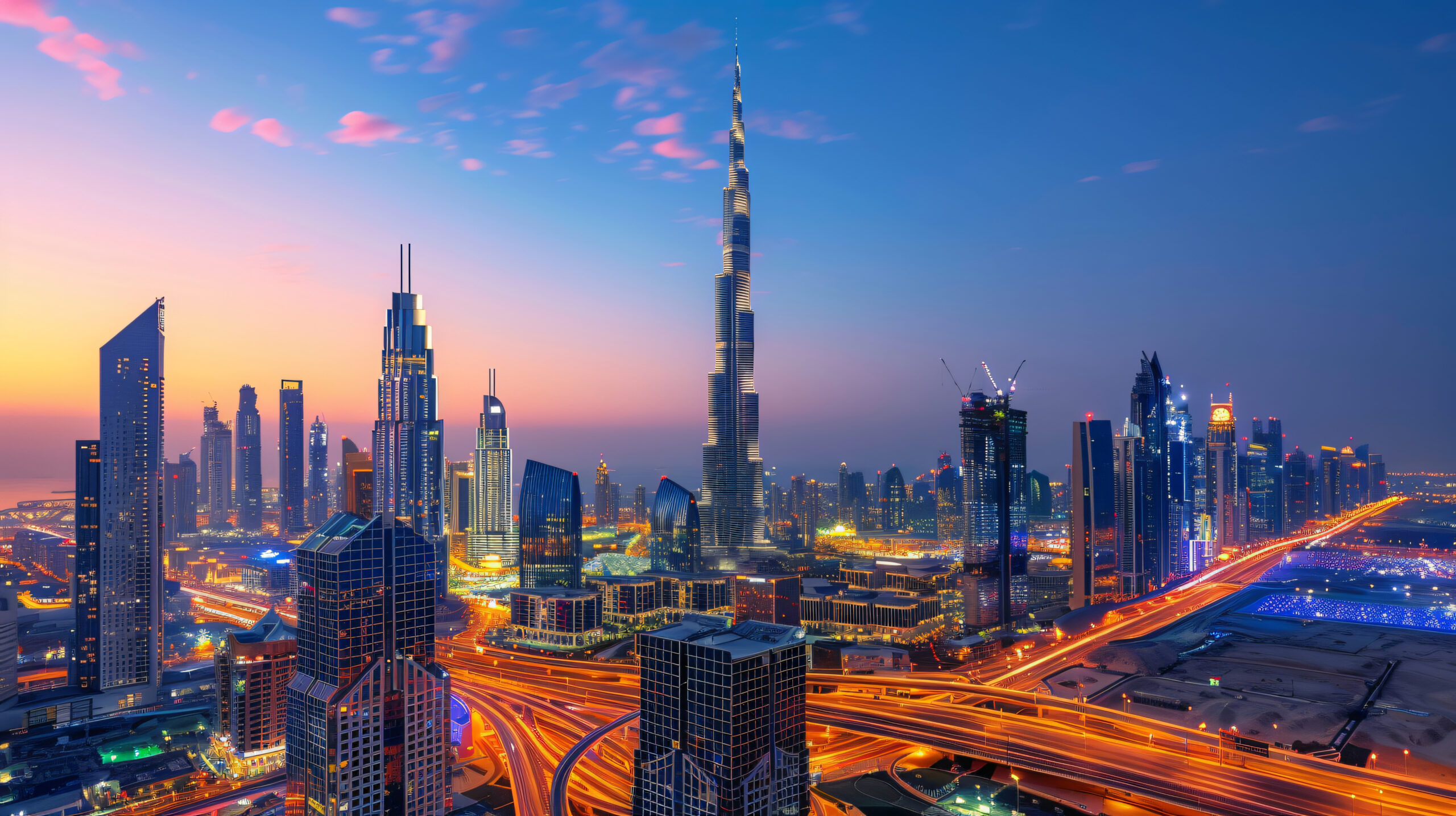How UAE Real Estate is Embracing the Metaverse: Virtual Property Sales in 2025
In 2025, the UAE real estate industry is stepping into a bold new era by integrating the metaverse into property buying and selling. Virtual property sales are no longer just a concept — they are becoming a practical reality for investors and developers alike. Here’s how this digital revolution is transforming the UAE property landscape.
What is Metaverse Real Estate?
Metaverse real estate refers to virtual properties located in digital worlds, often powered by blockchain technology. These properties can be anything from 3D apartments and office towers to entire smart cities, all designed and owned within platforms like Decentraland or The Sandbox.
UAE Developers Join the Virtual Race
Leading UAE developers are beginning to explore metaverse platforms to showcase their projects. Some are offering digital twins of their real-world properties, allowing buyers to tour, customize, and even purchase properties entirely online. Others are launching exclusive virtual properties with real-world benefits such as residency rights or premium memberships.
Buying Land in the Metaverse: Investment or Trend?
Investors are looking at virtual land in the metaverse as a futuristic asset. In the UAE, this trend is being supported by increasing tech adoption and a young, digital-savvy population. Though some still consider it speculative, the growing interest in NFTs and blockchain-backed assets adds legitimacy to this new form of investment.
Regulations and Legal Framework
As the metaverse expands, questions around ownership rights, taxation, and legal jurisdiction arise. UAE authorities are actively working on frameworks that can regulate digital property sales, especially those tied to real-world benefits. This proactive approach could position the UAE as a global leader in virtual real estate.
Challenges and Opportunities
While the potential is enormous, challenges remain. These include consumer trust, valuation standards, cybersecurity risks, and regulatory clarity. Still, the opportunities — such as global accessibility, cost-efficiency, and immersive experiences — make metaverse real estate a compelling frontier.
Looking Ahead: A Blended Future
By 2030, it’s likely that real and virtual real estate experiences in the UAE will become deeply interconnected. Whether you’re buying a luxury villa in Dubai or exploring a virtual office in a metaverse city, the lines between physical and digital property ownership will continue to blur.
Conclusion The metaverse is not just a buzzword in the UAE — it’s becoming a foundational part of how property is marketed, experienced, and even owned. As regulations take shape and technology evolves, virtual property sales may become a standard feature of the UAE real estate ecosystem.

